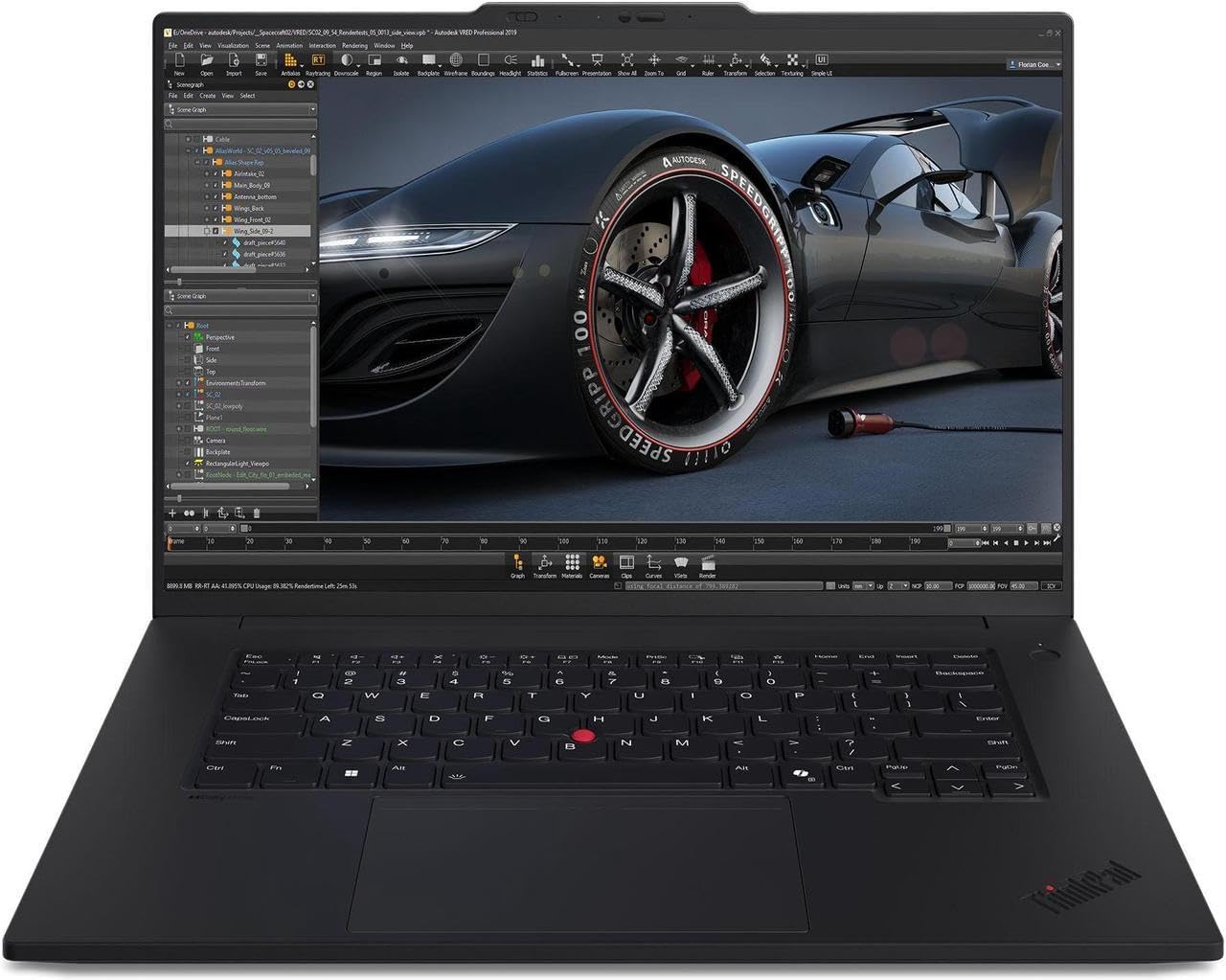Google is expanding its Gemini-powered AI Mode to Android tablets via the Google app beta, enhancing search, visual input, and interactivity.
Google is reportedly rolling out AI Mode to Android tablets through the Google app version 16.30 beta, marking a significant upgrade in AI accessibility on larger screens. Originally launched on smartphones, this Gemini-powered feature allows users to interact with AI-enhanced search, upload images, and use Google Lens seamlessly—now on tablet devices.
Bridging the Feature Gap Between Tablets and Phones
According to 9to5Google, Android tablets had previously lacked some AI functionalities available on phones. But with this new update, users of the Pixel Tablet and other Android tablets can now find the AI Mode shortcut prominently placed at the top of the Home and Discover tabs.
The AI shortcut is also available through the Pixel Launcher and tablet home screen widgets, and it can be toggled in the Google app settings. Tapping it opens a familiar AI prompt bar, offering features such as image uploads and Google Lens integration.
While the UI still favors portrait orientation for optimal layout, it provides a noticeably smoother experience compared to accessing AI Mode through a web browser. The interaction model closely resembles the desktop version, prioritizing clean visuals and interactive content.
Powered by Gemini 2.5: What Users Can Expect
AI Mode is built on Google’s Gemini 2.5 multimodal AI, which supports natural language input and visual context. Users can ask questions using photos they upload or capture, making the search process far more dynamic.
Practical use cases include identifying plants, diagnosing issues with home items, or even searching for local businesses based on photos. The AI draws from Google’s Knowledge Graph, local data, and shopping results to generate relevant, rich responses.
A Step Toward Unified AI Across Android Devices
This tablet integration is part of Google’s ongoing push to create a more unified AI experience across all Android platforms. With tablets now catching up to phones in AI capabilities, Google is signaling its commitment to enhancing AI interactions regardless of screen size or device category.
As testing continues, users can expect further improvements in UI optimization and responsiveness—bringing a richer, more cohesive AI ecosystem to the Android world.











